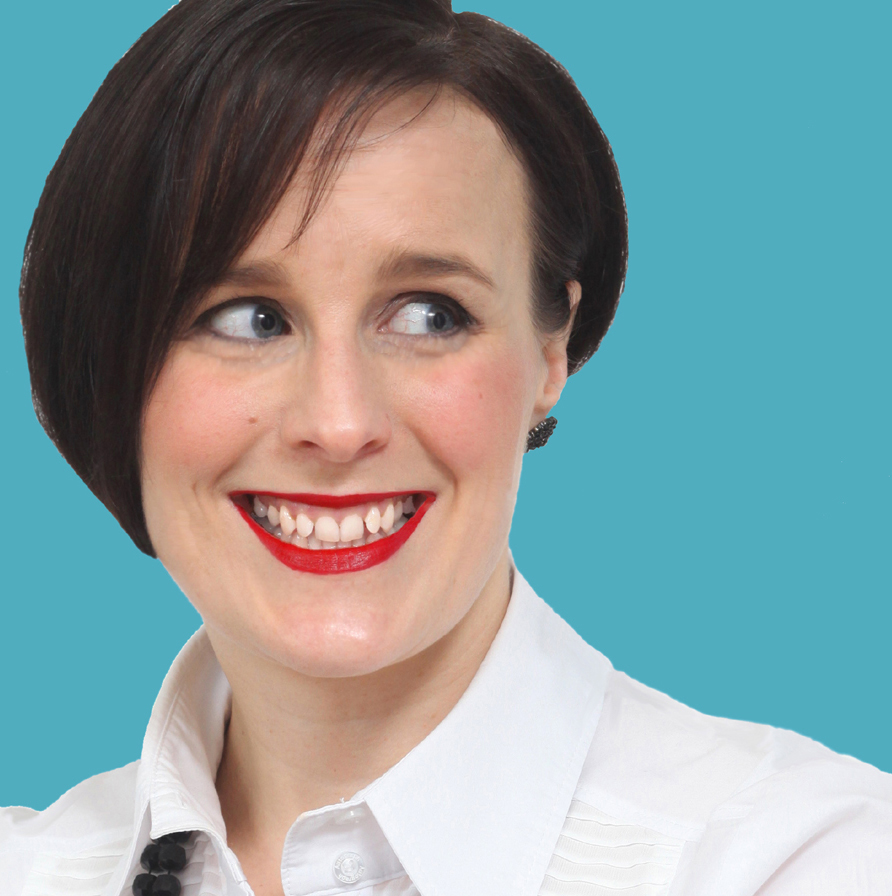Making the Most of Your Brand: YOU!
In this week’s guest post Jennifer Holloway shares her expertise about what is your personal brand and some of the benefits you can get from personal branding.
Making the Most of Your Brand: YOU!
By Jennifer Holloway
Everyone has a personal brand – whether they know it or not; that mix of things that defines who you are and what you’re all about, including:
Your Values – the principles by which you live your life, the rules you use to define right and wrong. Think of these as the foundations on which your personal brand is built. For one of my clients, his values centred around an overarching desire to be genuine and honest whilst still showing empathy to others.
Your Beliefs – what you hold to be important to you, the things that motivate you to do what you do, that drive you to succeed. It could be money, it could be fame, it could be a wish to make a difference. So for instance, I had a client who felt you should always take responsibility and act as if someone is looking, even when they’re not.
Your Reputation – in a nutshell, what you’re known for. Looking at this in more traditional marketing terms, you might call this your strapline. I’ve generated a reputation as ‘The Antidote to Yes Men’ – saying what needs to be said and making things happen.
Your Behaviour – what you say and do that is an outward communication of those deeper values and beliefs. You could think about it as the three words they’d use to describe yourself. Just some of the words used by my clients have been ‘trailblazing’, ‘larger-than-life’, ‘dynamic’, ‘inspiring’, ‘rebel’, ‘connector’…the list goes on.
Your Skills – your strengths, your natural talents, the things you excel at doing. One way to think about this is to look at the things that others come to you for. When I worked in an office I became the ‘go to’ person for writing copy because of my way with words and a love of language (plus a qualification in editing which helped!)
And last, but certainly not least…
Your Image – not just how you look but how you sound as well. This tells people an awful lot about you and will usually tie back in to all the previous things. For instance, one director I worked with used his quirky cufflinks to add a bit of individuality, while another added a large sports watch to his pinstripes to give a hint to the fact he was a keen cyclist.
Put all those layers together and you have your personal brand and the great thing is that if you take the time to define exactly what that brand is and then learn how to promote that to your audiences, you’ll get payback – BIG TIME! Here are just 10 of the benefits of personal branding:
- Defining your personal brand gives you the confidence to be yourself.
- Being yourself is a lot easier than trying to be someone else.
- By focusing on what’s great you add clarity to your brand.
- You can also pinpoint the thing that really makes you stand out from the crowd.
- Promoting your personal brand helps you sell your benefits to your audiences.
- By selling the benefits people know what they’re buying into.
- Doing this consistently helps people to trust what they’re buying into.
- People like to put things into neat little boxes in their mind, so you give them the box to put you into.
- By having you in a neat box, it’s easier for people to sell you and your benefits to others.
- If you don’t do all of that, you’ll get left behind.
So do you know what your personal brand is?
About the Author/Further Resources
 With a career including 15 years in the strategic PR and communications, Jennifer knows a thing or two about promoting a personal brand – she did it every time she picked up the phone to a journalist. The result? She stood out from the ‘press office crowd’ and got her stories on the front page as well as national TV.
With a career including 15 years in the strategic PR and communications, Jennifer knows a thing or two about promoting a personal brand – she did it every time she picked up the phone to a journalist. The result? She stood out from the ‘press office crowd’ and got her stories on the front page as well as national TV.
When not making headlines Jennifer was mentoring and coaching colleagues and, sensing she had discovered a new passion, was inspired to change careers entirely, setting up her own personal brand coaching business, Spark.
Today, she is a personal brand expert, using her knack for spotting someone’s USP and her way with words to help them promote that in everything they say and do. Known as ‘The Antidote to Yes-Men’ her down-to-earth, straight talking, honest style delivers real value by helping today’s leaders discover how, by being themselves, they can be even more successful.
And when she’s not doing all that, Jennifer is living her version of The Good Life, pottering around the garden in her anorak and wellies, keeping bees and feeding chickens – and occasionally sipping a nice glass of Rioja while listening to The Archers.
Visit Jennifer’s website at www.sparkexec.co.uk